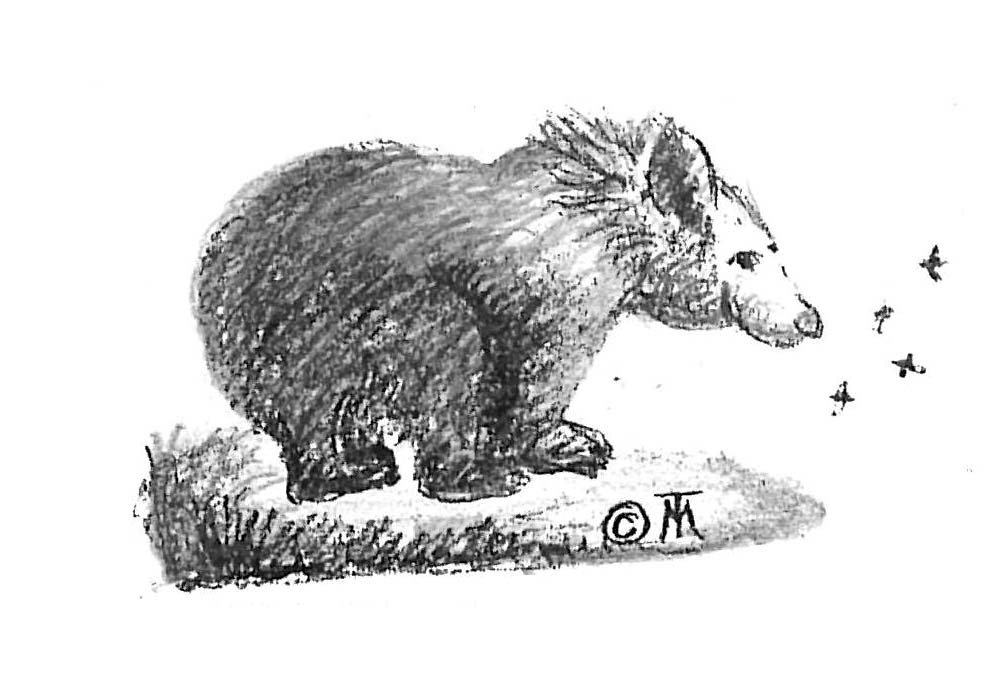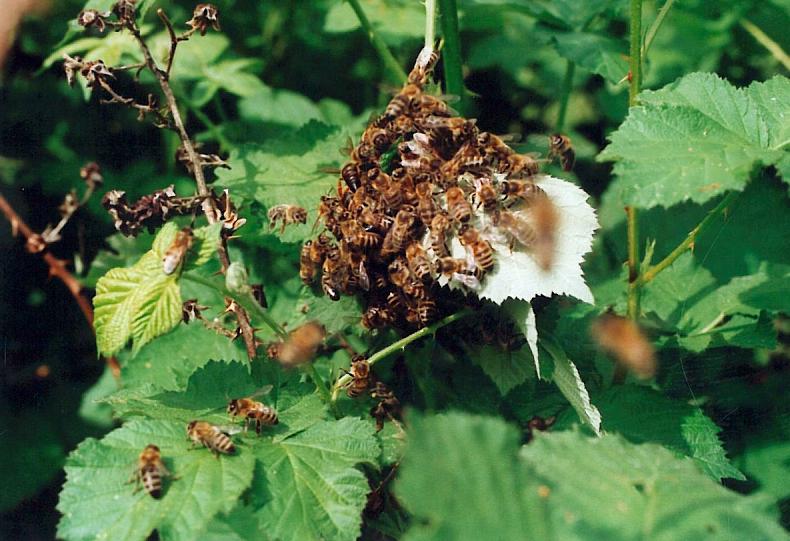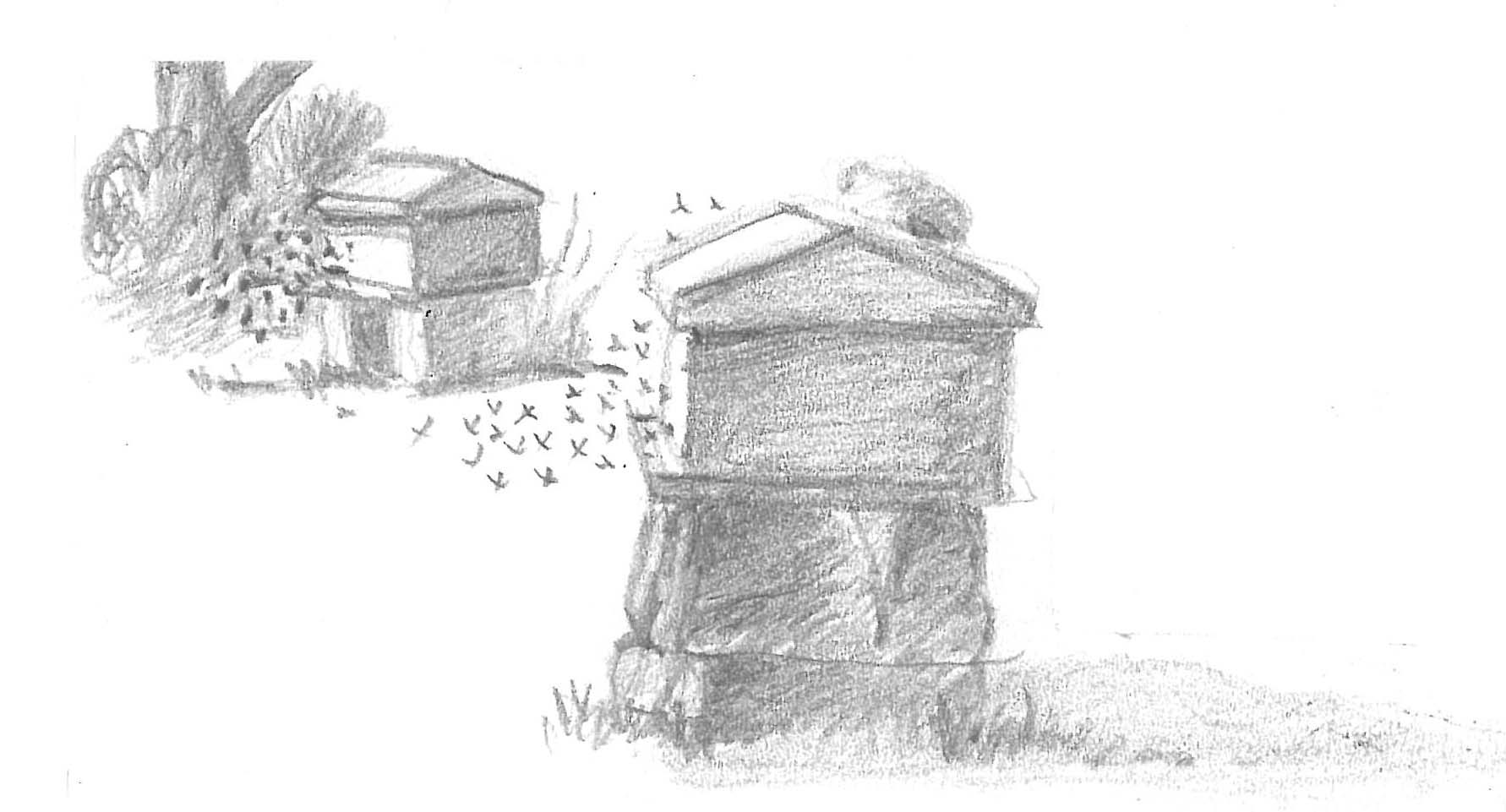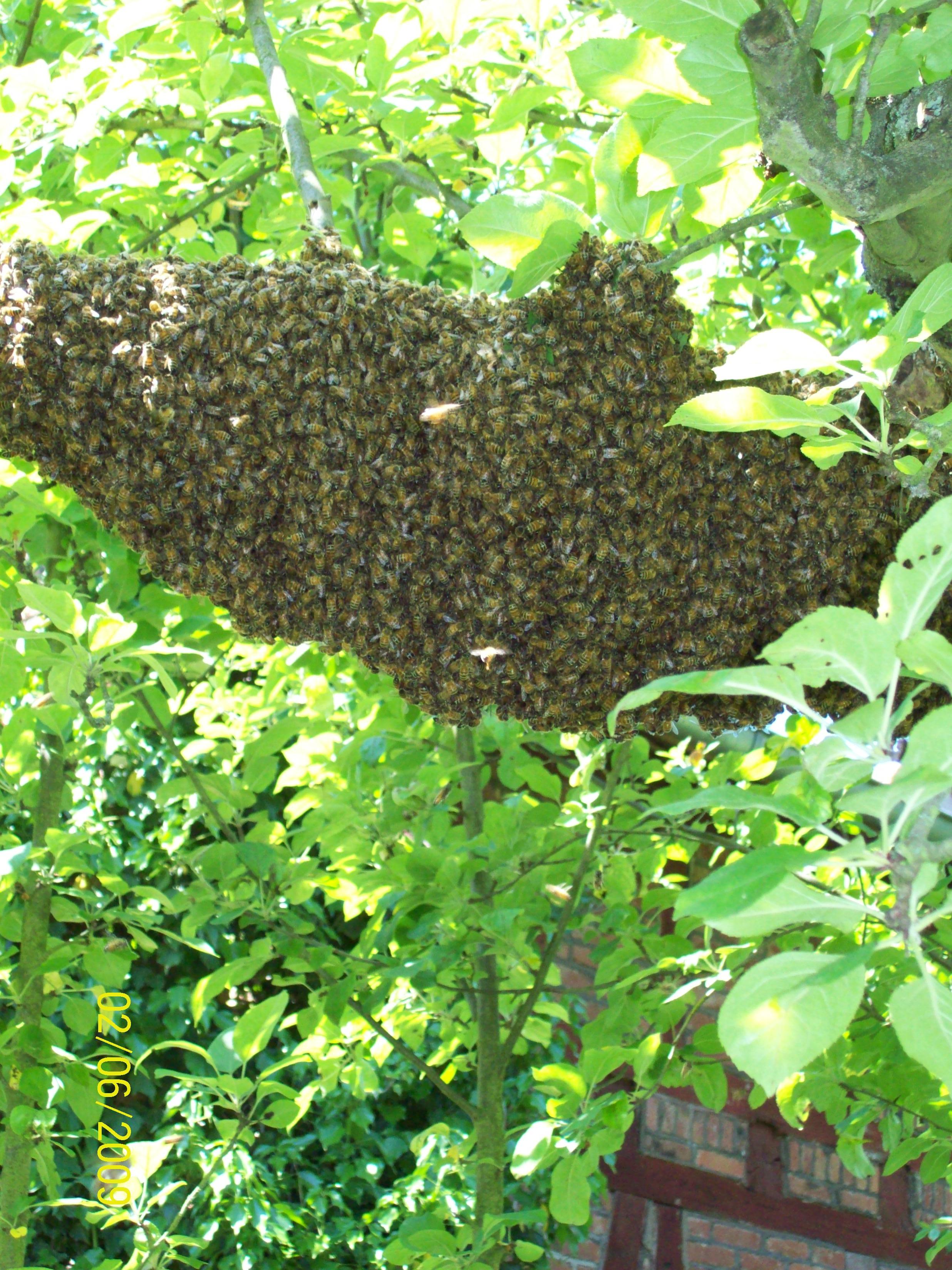



Sign
up for bee-therapy | Beauty-cure
| Anti-aging | Infertility
| Cancer
of the breast | Hashimoto-Thyreoiditis
|
Crohn's disease
Rheumatism
| Juvenile idiopathic
arthritis | Heart
diseases | Arteriosklerosis
| MS |
Diabetes
| Neurodermitis
| Obesity |
Depression
and Psychosis
Allergies
| Alzheimer
/ Parkinson | Diseases
of the kidneys | Pancreas
| how
to improve fitness of the body
Propolis
| Beeswax | Royal
Jelly | Organic Honey |
Comb
in the Comb | Raw Honey
| Organic Beekeeping
Basic Course
Expertise
| Courses | Home
| Research | Save
Beecolonies-Bienenpatenschaft | Certification
| Training Apitherapy
What's
New From Beescience? Part 2
In some points
the German bee research institutes, which have united themselves in the
study group of institutes for bee research incorporated, are further developed
than all these research instituts, „ information portals "and „ competence
centres" for organic agriculture (organic bee keeping closed-in), which
mushroom up lately.
Actually one had expected, that research instituts around organic farming,
as well organic associations and their representatives stand up for a geographical
and geobotanical realities adapted animal breeding. The opposit is the
case - at least regarding bee keeping. Members of the organic associations,
like for example Naturland offer in bee keeper journals artificial inseminated
queens; these are reared originally from beecolonies, who are adapted to
realities, you can find in more than 10.000 km distance of Europe. In addition
the queen has made a journey in the USA and back, because thence they will
retro-imported („ original import").
To what the expense - except that it provides some Naturland bee keepers
with a full cash-box? Because such a queen, a so called „Original import
from the USDA - varroa-resistence-breeding-program" (1) costs only tired
790 Euro. If this queen has been modified by genetically engineering, or
not, shall not be checked here. Regarding ambitions of USDA referring to
genetically modification is reported at other places (2).
The community of Naturland beekeepers carry out artificial insemination
of the queen bee by themselves - in naturland-workmanlike quality! Thus
one can already receive an artificially inseminated queen for 230 Euro.
One is recommended in respect of these primorskibees „ to notice also the
contributions in the bee keeper journals (3) " as a Naturland bee keeper
emphasizes.
Well, let’s have a look to the specialist publications: Mr Peter Rosenkranz
(PhD) from the university of Hohenheim/Germany and chairman of the study
group of institutes for bee research inc. reported over the comparison
investigations of primorskibees in Germany. Rosenkranz et al. (2003) sum
it up: A varroa - resistance is not ascertainalble. Also regarding surviving
rates there are no differences to the carnica - comparison colonies. And
concerning behaving and attainnment: „The behaving of the Primorski - colonies
was out of the question, controls could often only get performed with 'complete
protection' " (Rosenkranz et al. 2003).
It is understandable, that the queens do not endure a journey from the
USA undamaged - became already Goethe on his Italien journey from Naples
to Sicily nearly seasick and could only endure the journey on his corvette
by holding out in horizontal position.
The queens had been hit harder: „ From the first delivery 75 % of the
queens died " (Rosenkranz 2003).
Apart from that, how do the German bee institutes estimate the test
results? The Universities of Erlangen and Hohenheim estimate the resistance
and tolerance potential of certain local carnica - sources to be just as
high as those of the tested Primorski - bee. „ They hold it therefore with
meaning, to concentrate further investigations and selection efforts on
that local material" (Rosenkranz 2003).
What shall the beekeeper do? What is recommended by the study group
of institutes for bee research inc.? To judgement of the Primorski - bee
it is said, in respect of the generally breeding properties the judgement
by the participated institutes is clear-cut and leaves no doubt: „ the
behaviour - and efficiency properties of the bees are so dissatisfying,
that they can be recommended to the community of beekeepers not by any
means. The caution issued by that study group of institutes in July 2002,
which said that the bee keeper shall invest no money in the purchase of
Primorski - queens, is still valid ". They speak of „ tremendous prices
" with which some importers supply the demand of the community of beekeepers
(Rosenkranz 2003).
Notes and References
see full version
Full version in: Apikulture
2/2003, Vol. 2

